Here's why travel will return bigger and better than before
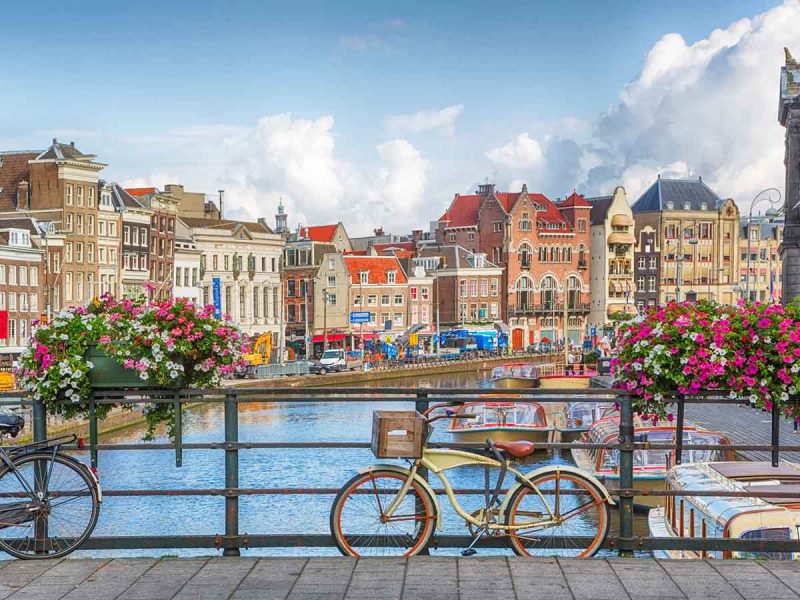
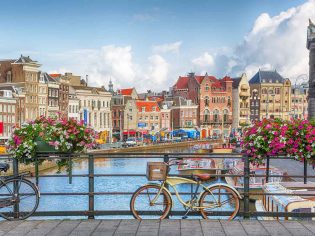
Don’t cry because the ‘best years’ are behind you; smile because we now have the tools to travel bigger and better than ever before, writes Dilvin Yasa.
Could there be elements of what we’re going through that could teach and enable future generations to travel better and more responsibly? Almost certainly.
Remember the ‘golden age’ of travel back when we believed we were invincible? A time when 6500 of us happily piled onto mega cruise ships to holiday en masse, crammed into the tight alleyways of Dubrovnik, Santorini and Amsterdam and got uncomfortably close to our fellow passengers on the crowded subways of New York?
While there’s no doubt the past two years have been rough on the adventurers and dreamers among us, there’s an increasing school of thought that suggests the pandemic is the learning curve the travel industry had to have. Could there be elements of what we’re going through that could teach and enable future generations to travel better and more responsibly? Almost certainly. Futurists Carolyn Childs and Shara Evans talk us through the pandemic’s silver linings and how they will affect global travel moving forward.
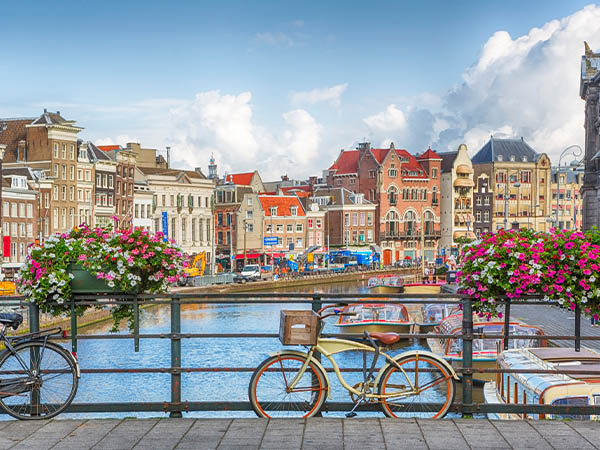
Amsterdam has more than one hundred kilometres of canals, about 90 islands and 1,500 bridges.
The end of overtourism
Residents of Venice and Barcelona might stop short of describing the pandemic as a ‘blessing’, but there’s no doubt COVID-19 has served up the ultimate bonus: a chance to address the problems associated with mass tourism.
According to the World Tourism Organisation, there were 1 billion fewer international trips in 2020 than in the previous year and, as the world continues to cautiously reopen, governments will be increasingly looking at ways to welcome back visitors without suffering the past indignities of overtourism. Some of the initiatives tourists can bank on moving forward? Taxes for day-trippers, limits on private apartment rentals and a plethora of new tours with a focus on under-explored or out-of-the-way areas.
“The tourism industry might be rethinking how it does business after COVID-19, but so too are travellers,” explains Childs. “We haven’t lost our appetite for travel, but we’ve become thoughtful about our destinations and how our way of travel might be impacting our host communities.” Childs adds that as safety continues to stay front of mind, nature-based tourism and a desire to travel to wide open spaces away from crowds will continue to dominate travel trends.
Responsible travel
One of the sad realities of international tourism is that, pre-pandemic, it contributed to eight per cent of the world’s greenhouse gas emissions. The good news? Not only has our collective plight over the past two years encouraged us to become better stewards of the planet (a survey by Booking.com found 53 per cent of global travellers wanted “to travel more sustainably in the future as coronavirus has opened their eyes to humans’ impact on the environment”), but it is also pushing travel operators to do more and do better as they resume normal transmission.
A solid example? Three years after Intrepid Travel became the world’s largest travel company to become a certified B Corporation (a business that meets the highest standards of verified environmental performance), the tour operator has completed an extensive external audit to recertify its status and prove its commitment.
Not only will future travellers be taking a closer look at the green credentials of companies they book with, they’ll increasingly choose destinations with an eco-tourism focus, says Evans. “It may entail staying in accommodation where you learn new skills such as organic farming or volunteer in local projects to give your holiday a more meaningful slant. It could just be as simple as hiring an electric vehicle or calling your provider to ask whether they have a renewable energy source for fuel. Many people are concerned with climate change and the sustainability of our environment and want to make changes for the greater good.”
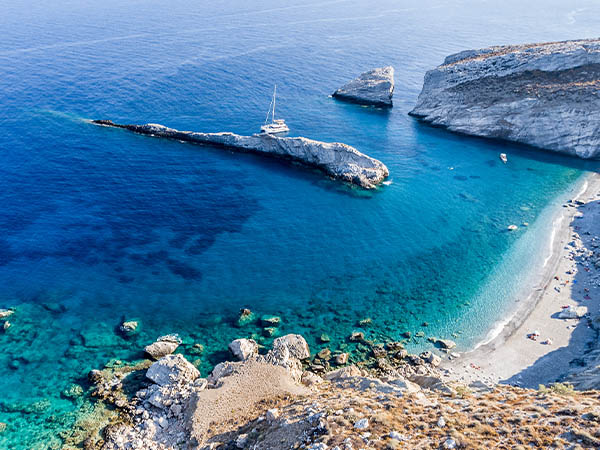
Future travellers will increasingly choose destinations with eco-tourism efforts.
A focus on innovation
Just as we were all getting our heads around concierge robots, the pandemic arrived and sped up our adoption of technology. UV-C radiation units – created to disinfect circulating air – are being added to indoor spaces to halve viral spread. There’s discussion on rolling out viral heat maps and CCTV with facial recognition to help track and reduce infectious illness. And crowd-control technology, such as Singapore’s slightly menacing robotic ‘social distancing’ dogs, are being tested. While much of the focus of future travel-tech innovations will be in maintaining health and safety (you can rest assured masks and hand-sanitising stations will stick around), Evans says to expect big things in this space to help improve your travel experience, too.
“There’s a lot of work being done on Hyperloop [Transportation Technologies], which can be thought of as high-speed trains or perhaps better described as autonomous magnetically levitated pods that can travel at a top speed between 1000 and 1300 kilometres per hour in tubes that have had air pressure removed so that it resembles the vacuum of space with much reduced friction. This means you’ll be able to get to your destination much faster,” she explains. According to The Boring Company, which is currently working on ‘loop’ transit systems, a Hyperloop trip from Washington, DC to New York would take less than half an hour; it’s now a 3.5-hour train journey.
Now, more than ever, we’re keen to see the world in all its beauty, visit loved ones and explore the places we’ve been putting off for years.
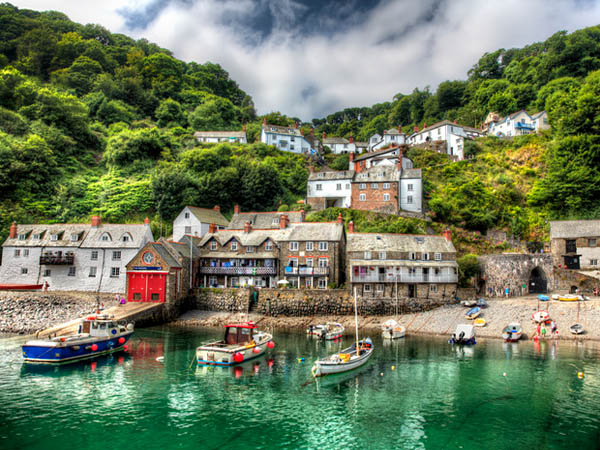
Now, more than ever, we’re keen to see the world in all its beauty, visit loved ones and explore the places we’ve been putting off for years.
The hunger for bucket-list trips
If you’re suddenly hankering to hike glaciers in Antarctica, climb Mt Everest or blow your life savings on an eye-wateringly expensive luxury rail experience between Paris and Istanbul, you’re far from alone. Data released by Kayak shows that 69 per cent of people say the pandemic has made them re-evaluate the type of holiday they now wish to go on, with one in five of us keen to check those bucket-list destinations off the list.
We won’t just be travelling bigger and bolder; living through the last two years of border restrictions will increasingly see us looking for connections – not only with loved ones but with communities in our host cities and countries, explains Childs.
“We’ve realised life is fragile and time is short so while we’re all focusing on how we best want to spend our lives and who we want to spend [them] with, it’s a way of thinking that will tip over into how we travel moving forward,” she says. “Expect to see more focus on multi-generational trips and holidays filled with purpose and meaning, where we look for ways we can best contribute to our host communities.”
Evans agrees, explaining that if COVID-19 has taught us anything, it’s that we really just like being around one another. “Now, more than ever, we’re keen to see the world in all its beauty, visit loved ones and explore the places we’ve been putting off for years. The upside of all of it is that we’ll be undertaking travel with something that was missing back when we didn’t know how great we had it: gratitude. The future of travel looks most positive; we’ll have an opportunity to see our planet in all its glory and be more grateful about the freedom of choices we have to explore and contribute to the health of this beautiful blue jewel that we call home.”

If you suddenly feel the hankering to climb up Mount Everest, you are not alone.
The future is now: practicalities you need to know for travel in 2022
- Gain real-time information about COVID-19 cases, vaccination rates and travel requirements of your destination by visiting the Coronavirus Resource Center at John Hopkins University & Medicine, the World Health Organization and Smart Traveller.
- Our International COVID-19 Vaccination Certificate works in some countries such as the United States, but it is still not recognized in many European nations. That said, some nations are phasing out vaccination passports entirely. In the meantime, you can search online for popular (and effective) conversion methods.
- Testing requirements vary widely between nations so be sure to read through the details at Smart Traveller, as well as the FAQ section of the relevant tourism board’s website to gain a thorough understanding of the ever-changing rules. Still unsure? Contact the airline for further details.
- Some countries, such as Singapore, require travellers to take out COVID-19 insurance. Be sure to check out what the requirements are at your destination and remember that it can often be cheaper to buy it locally online.
- Should you test positive for COVID-19 while overseas, you’ll need enough money in your account to cover the extension of your trip. Factor in two additional weeks.
- Check transit testing requirements before you book your holiday. Some countries will require testing during the quickest of airport stops, while others will wave you through.
- Finally, remember that you must show evidence of a negative PCR test within 72 hours of your flight back to Australia and fill out the Australia Travel Declaration.
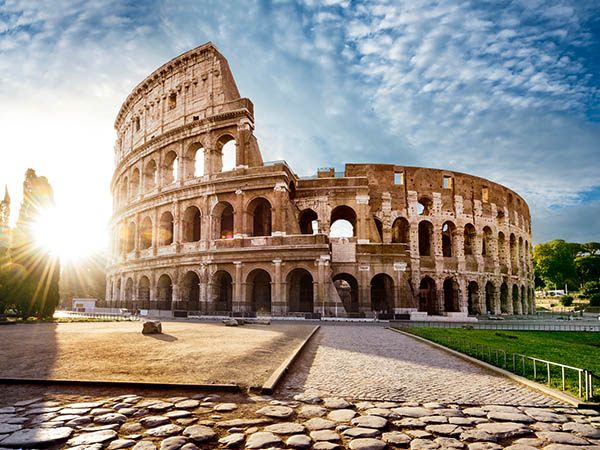
Expect more focus on multi-generational trips and holidays filled with purpose and meaning.
What it’s like to travel overseas again
What does travelling internationally feel like right now? Three keen travellers explain what it has been like to roam the globe in recent months.
Kristie Kellahan, travel writer
“I got an exemption to leave Australia in July 2021 to go back to my base of New York. Although I was initially nervous about what I was going to find on ‘the outside’, I was thrilled to find that the world really did feel like my oyster once more. In the past six months, I’ve travelled around the United States, visited Mexico and the Bahamas, cruised Bermuda and travelled to Paris and not only are there plenty of opportunities for travel, prices are the cheapest I’ve ever seen them.”
James Cooley, PR director
“I travelled to the UK over the festive break and I’ve got to say, it was buzzing. People were out and about enjoying themselves and it really gave me a different perspective on Australia’s approach. Now that I’ve travelled internationally, I’d travel again with no hesitation. Yes, there was a bit of additional pre-flight admin, but nothing that would make me think it wasn’t worth the reward of travelling again. There is still a whole world out there waiting to be explored. We just need to shake off the last two years and get out there to see it.”
Flip Byrnes, travel writer
“Travelling in Europe in the past year has been great, the sensations more heightened and saturated after months of being locked down. Travel now means more planning, but is it worth it? Gelati in Rome, salty skin in the crystal-clear waters off the Cyclades, the raw energy of Spain … no question. Travel seems special again; there is a return to wide-eyed wonder and tourism operators are no longer jaded and welcome visitors with open arms. In Europe in particular, this is a once-in-a-lifetime moment where there is freedom to travel, but without the pre-pandemic crowds.”
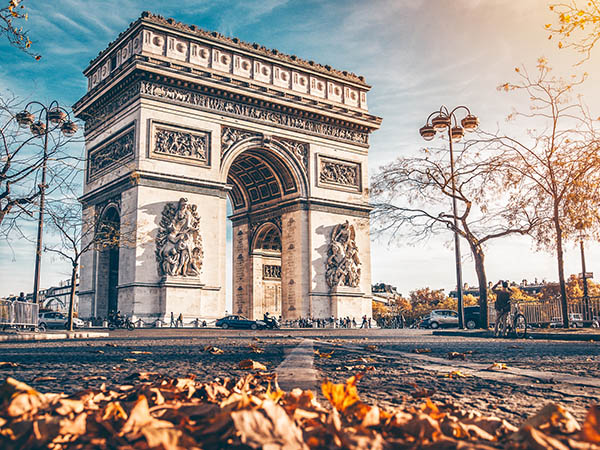
Travelling in Europe in the past year has been great, the sensations more heightened and saturated after months of being locked down.
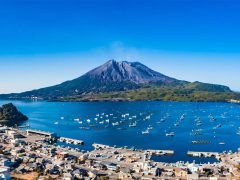
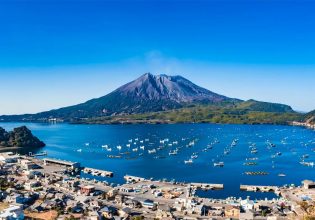


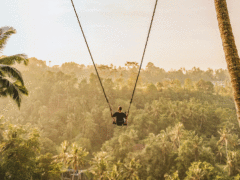
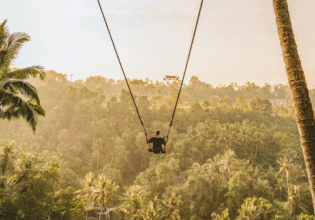



LEAVE YOUR COMMENT